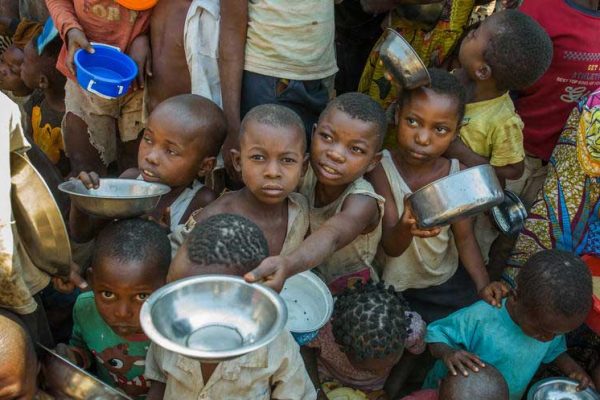- Tinubu urges Nigerians in diaspora to support nation’s growth
- Nigeria’s foreign reserves hit $41bn, highest in 44 months
- Three Nigerians jailed in the U.S. over $520,000 COVID-19 fraud
- EFCC, Immigration deport 93 foreign nationals over cybercrime
- WAP warns 10 million could die yearly from untreatable infections by 2050
Across Nigeria’s 36 states and the Federal Capital Territory, these are the top five Nigerian news stories you shouldn’t miss.
Tinubu urges Nigerians in diaspora to support nation’s growth

President Bola Tinubu has appealed to Nigerians living abroad to contribute their knowledge, skills, and resources toward the country’s development. He made the call during an interactive session with members of the Nigerian community at the Kahala Hotel and Resort in Yokohama, Japan, on the sidelines of the ongoing ninth Tokyo International Conference on African Development (TICAD9).
According to a statement by his Special Adviser on Information and Strategy, Bayo Onanuga, the meeting brought together professionals and entrepreneurs from different sectors. Tinubu outlined some of his administration’s achievements and reiterated his commitment to driving economic growth and creating opportunities.
The President encouraged Nigerians abroad not to distance themselves from national progress, stressing that their involvement was crucial. “If you stay away, who will build it?” he asked, while noting that more citizens were already returning home to take part in emerging opportunities.
Nigeria’s foreign reserves hit $41bn, highest in 44 months

Nigeria’s foreign exchange reserves have climbed to $41 billion as of August 19, 2025, marking the highest level since December 2021, according to Central Bank of Nigeria (CBN) data.
The reserves gained $1.46 billion within the first 19 days of August, rising from $39.54 billion on August 1 to $41 billion, a 3.69 percent increase in less than three weeks. This recovery comes after months of pressure from external debt repayments that had depleted reserves.
Analysts note that the steady rise reflects renewed momentum in August. Reserves crossed $40 billion on August 7, hit $40.5 billion by August 12, and surpassed $41 billion a week later, signaling stronger external buffers for the economy.
Three Nigerians jailed in the U.S. over $520,000 COVID-19 fraud

Three Nigerians living in the United States, Kamaldeen Karaole, Stephen Olamigoke, and Johnson Omodusonu, have been sentenced to over eight years in prison for defrauding the U.S. government of $520,910 through a COVID-19 unemployment benefits scheme.
According to the U.S. Department of Justice, the convicts stole 168 unemployment insurance debit cards in 2020. Between August and October of that year, they conspired with accomplices outside the U.S. to file fake claims and withdraw funds illegally.
One of the men has also agreed to be deported to Nigeria after serving his sentence, the statement added.
EFCC, Immigration deport 93 foreign nationals over cybercrime

The Economic and Financial Crimes Commission (EFCC), in partnership with the Nigerian Immigration Service (NIS), has deported 93 foreign nationals convicted of cyberterrorism and internet fraud within the past eight days.
In a statement released on Thursday via its official X handle, the EFCC said the latest group of deportees included 50 Chinese nationals and one Tunisian. They were part of 192 foreign suspects arrested in Lagos during a sting operation targeting one of the largest foreign-led cybercrime syndicates in Nigeria.
The commission noted that the deportation exercise, which began on August 15, 2025, has now brought the total number of foreign nationals deported to 93.
WAP warns 10 million could die yearly from untreatable infections by 2050

World Animal Protection (WAP) has warned that by 2050, as many as 10 million people could die each year from infections that no antibiotics can treat.
Speaking at a workshop for journalists in Abuja on Thursday, WAP’s Research and Planning Manager, Patrick Mvinde, said antibiotic resistance is already claiming 1.27 million lives annually. He linked the crisis to industrial farming, where billions of animals are kept in overcrowded and confined spaces under intensive production systems.
Mvinde explained that about 75% of the 80 billion farmed animals worldwide, mostly chickens, pigs, and cattle, are raised under such stressful conditions. He noted that this practice leads to animal suffering, health complications, and accelerates the spread of resistant infections, posing a growing threat to global public health.













